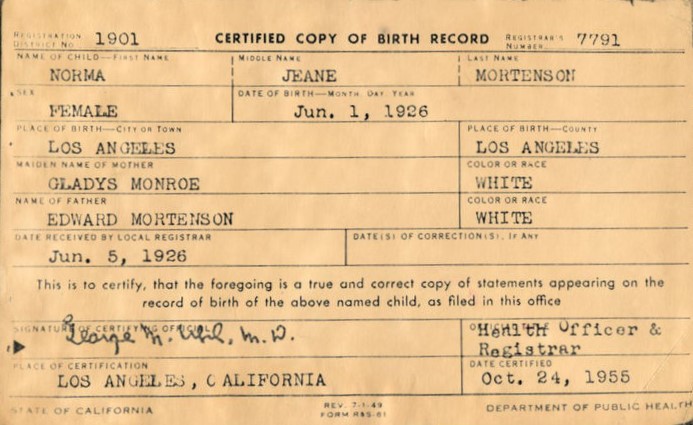
5 Essential Tips for Starting African-American Genealogy
Face the Challenges with Confidence: Overcoming Common Fears
The biggest misconception regarding African-American genealogy is the fear that Black people are invisible in America's written historical records. Some people I speak with believe finding one's African-American family history is impossible. I must admit, there are more challenges, but it is not impossible. Begin your research just as you would for other ethnicities:
Relax, and start with what you know, then research in reverse chronological order.
Understanding Surnames: Origins, Variations, and Misconceptions
Surname origins are complex in black communities. There is a false assumption that all (or most) African-Americans carry the surnames of their previous captors. In my experience, this is not often the case. While some people did carry the surnames of former "owners", others choose their own surnames or (as was the custom in my community) selected a parent's given name as their surname.
In the area in which my family originates, there are surnames from parental given names like Jean, Jacques, Pierre, William, and Thomas. Others surnames are descriptions like Brown, or Butler, or they reference an African origin like Kongo. Keep in mind, all African-American communities were not always patriarchal. In some instances, the surname was more likely to come from the maternal line.
Also, do not assume that just because your family's surname is European that the name is a slave name. There may be a familial relationship. Of my sixteen great-great grandparents, four carry European surnames because they are actual relatives of the white families.
Take your time and examine the multitude of ways black surnames were created and passed on from one generation to the next.
Oral Histories: Talking to Elders and Gathering Stories
Oral History is the primary method used to transfer knowledge in African-American communities for several reasons. For much of our history, it was illegal to be literate. Then, it was actively discouraged for black people to learn to read and write. For instance, despite the fact that it was legal for my grandmother's generation to learn to read and write, her siblings did not have a separate black school to attend and had to hide in a chicken coop to learn how to read and write. This is why it is so imperative to interview family members and community elders.
Breaking Through the 1870 “Brick Wall” in Census Records
By far, the biggest challenge of embarking on African-American genealogy research is the 1870 Brick Wall. This date is important in American history for genealogists of color because it is the first time that all people of color were listed in the United States Federal Census by name.
Prior to 1870, only free people of color were listed. It's important to search for your ancestors in the census records prior to 1870. You may be surprised to find who was free before the American Civil War.Most African-descendants were enslaved in the United States. However, it is important to remember that not all people of color were enslaved prior to the Civil War. In Delaware, for instance, most of the black population was freed prior due to political, economic and religious reasons. Still, most blacks continued to live in poverty. Region of residence played a major part as to one's freedom status. Keep in mind, in the South there were cities where free people of color were abundant: New Orleans, Charleston and Washington, DC were a few.
Let's not think of slavery as a brick wall, but rather as a big curtain. It may block your view initially, but it is not an immoveable barrier.
Learning Local History: Context, Migration, and Clues
This is by far the most overlooked tip. Please read the history of your local town, region, and state. Doing so will add context to the complex lives of your ancestors and their communities. Plus, it may provide hints as to migration patterns, industries and so much more.
Remember, even if people of color are not mentioned directly, you can learn who the most prosperous people were in the area. This can lead you to which industries were booming and who were the biggest land and slaveholders.
Personally, reading history helped me connect why several people from the Upper South moved to the Lower South in the 1830s. I found so many people born in Maryland, and Virginia living in Louisiana. History explained that many planters picked up and moved to Louisiana to cash in on the booming cotton business there, and they took their "human chattel" with them. This may be the missing link needed to track your ancestors.
These are only a few tips for researching African-American Genealogy. Don't worry, there is more to come.
Happy Ancestor Hunting!
Click here to receive help from an expert in African American research.




